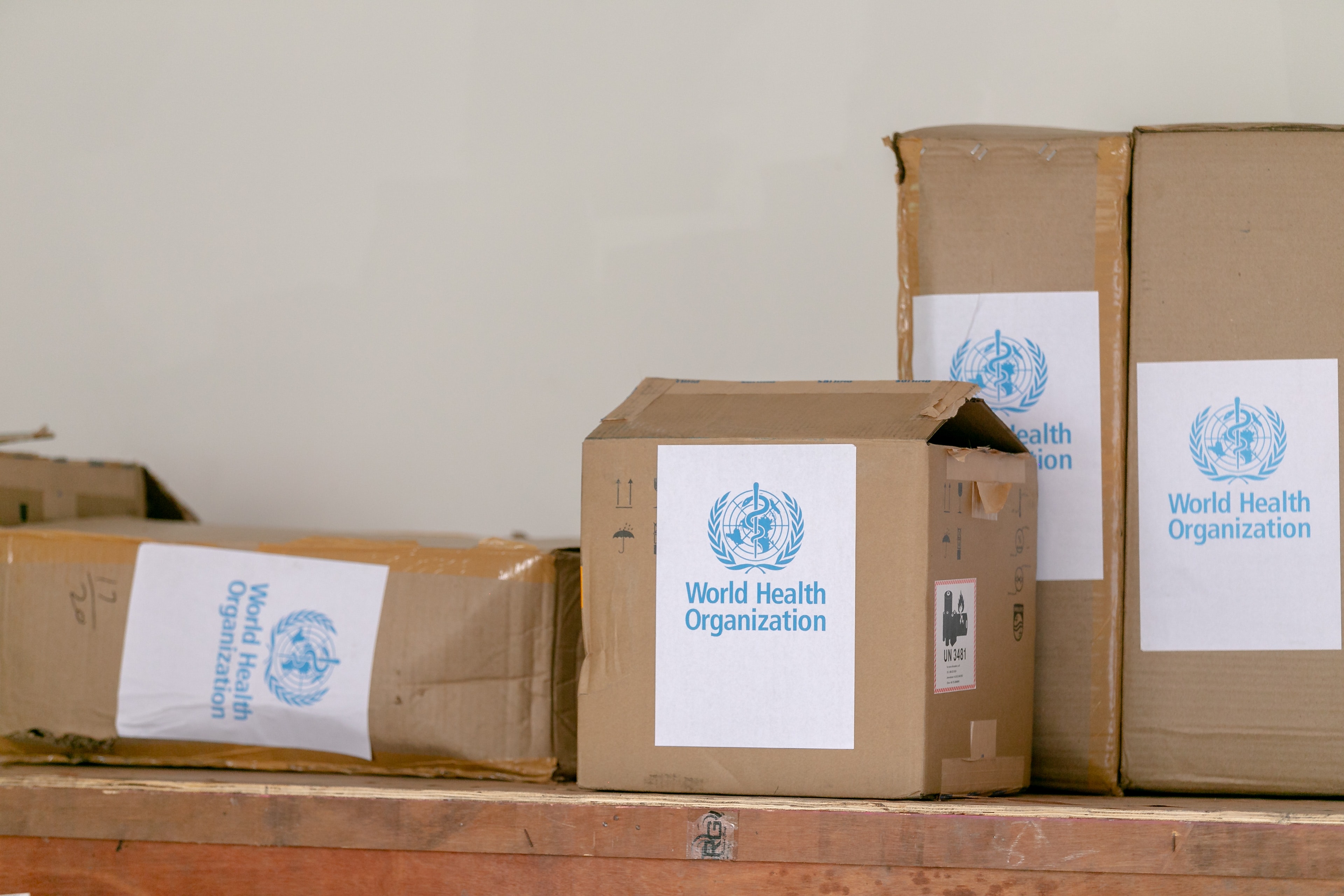
There is no denying that we are amidst a public health crisis. According to the World Health Organization, nearly 1 in 10 people worldwide are affected by mental illness. This includes conditions such as depression, anxiety, and post-traumatic stress disorder—the WHO also reports that mental health disorders are the leading cause of disability worldwide.
While mental health disorders can have a devastating impact on individuals and families, they also take a toll on society. For example, mental health disorders cost the global economy more than USD 2 trillion in lost productivity. In addition, mental health disorders are a significant risk factor for other health problems, such as cardiovascular disease and substance abuse.
Fortunately, some steps can prevent mental health disorders and promote mental health and well-being. For example, creating policies that support families and communities, investing in early childhood development, and increasing access to mental health services can all help to reduce the burden of mental health disorders on society. By working together, we can make a difference in the lives of those affected by mental illness and create a healthier world for all.
There’s no question that our society is facing some significant challenges. Whether it’s the mental health crisis, the obesity epidemic, skyrocketing chronic illness, or racial, ethnic, or gender disparities, it’s clear that something needs to be done. The good news is that people are working hard to find solutions to these problems. However, the bad news is that there is no easy fix. The answer isn’t a one-size-fits, a one-time vote on a decision, or a one-time policy change. Instead, it will take a concerted effort from all of us to make lasting change. We need to be willing to have tough conversations, make sacrifices, and put in the hard work. We can only hope to make our society a better place for everyone.
Public health challenges are often complex, involving various factors that must be considered to develop effective solutions. In many cases, addressing these challenges requires a combination of short-term and long-term approaches. For example, immediate relief efforts may be necessary to address the immediate needs of those affected by a natural disaster. Still, longer-term planning is also required to prevent future tragedies from occurring.
Similarly, addressing the root cause of a public health problem often requires both short-term and long-term solutions. For instance, providing access to clean water and sanitation facilities is essential for preventing disease. Still, it is also necessary to educate people about the importance of hygiene and proper handwashing.
Developing practical solutions to public health challenges requires a collaborative effort from all sectors of society. Private businesses, nonprofit organizations, government agencies, and individuals all create healthier communities. By working together, we can identify the most pressing public health challenges and develop innovative solutions that will improve the health and well-being of all people.
As a society, we often struggle to plan for the long term. This is primarily because our political system encourages short-term thinking. Terms are typically only a few years long, which means that an incoming party can easily undo the work of the previous one. This can make it difficult to implement sustainable solutions founded on prevention. For example, public health goals researched and studied for decades often elude our reality. This is a frustrating situation that we must find a way to overcome if we want to make progress on these critical issues. Thankfully, there are some things that we can do to encourage long-term thinking in our political leaders. For example, we can vote for candidates who have committed to addressing long-term problems. We can also pressure our elected officials to make decisions with the future in mind. If we can do these things, we may finally be able to start making progress on some of the most pressing challenges of our time.
Solving public health challenges involving addressing short-term and long-term solutions. There needs to be a series of bridges created, to bring together the immediate remedy with the long-term solutions. Accountability and sustainability must be at the heart of these solutions, emphasizing prevention.

